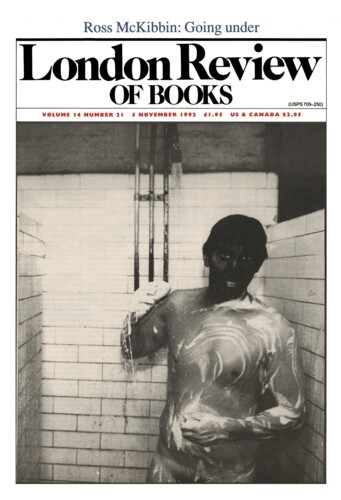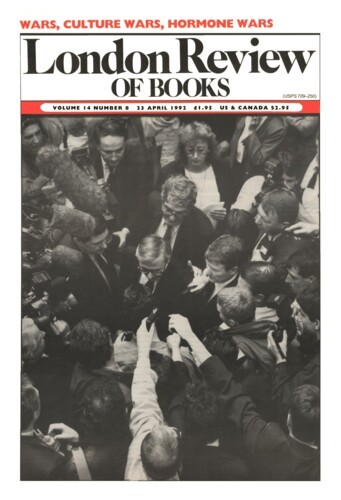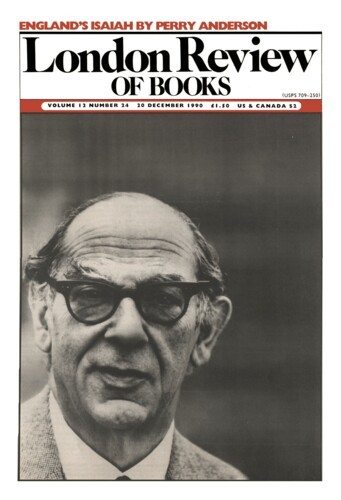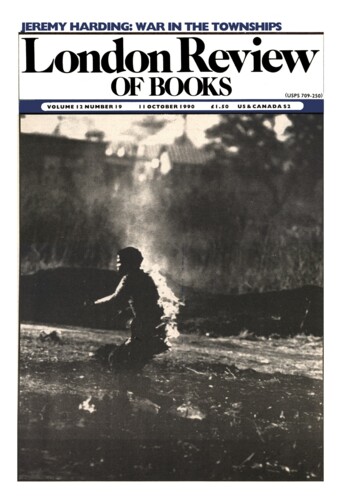Allendistas
D.A.N. Jones, 5 November 1992
For the British, South America is perhaps the darkest of the continents: only rarely and faintly has it entered our history, provoked our armies, disturbed our empire and commonwealth. ‘Ford Cortina,’ said the late Poet Laureate, rather sniffily: ‘it sounds like a South American.’ We can’t easily imagine what it’s like to be one: their fiction is obscured by the charms of Magical Realism. Their political spasms trouble us less than those of Europe or Africa, Bosnia or Somalia. We might meet them in our student days. I remember a Chilean who rebuffed the college manciple: ‘Are you asking me or are you telling me – peasant?’ Similarly, Tony Gould met a Chilean caballero, when they were Cambridge undergraduates, some thirty years ago. He was called Cristian Huneeus, a young man of landed family, a gentlemanly left-winger and already a published novelist. In those days, British readers were not so interested in South American fiction as they have since become, and few indeed were those who took an interest in South American politics – apart perhaps from worrying about the imperious interventions of North Americans, so eager to counter the threat of Communism in their hemisphere.’





